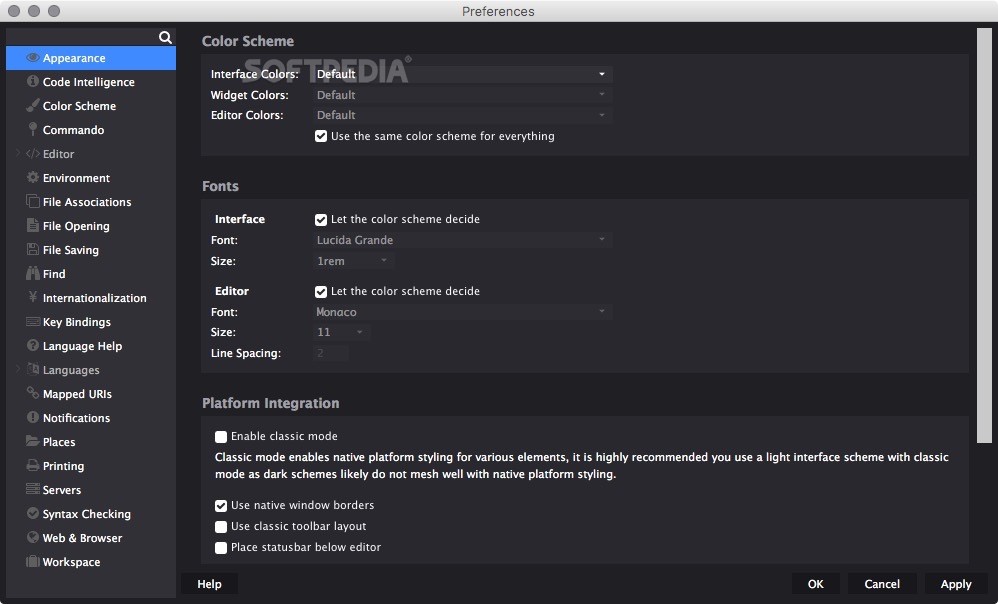

You can view the error message from the interpreter in the status bar if the editing cursor is on the same line as the error.
KOMODO EDIT 10 MANUAL CODE
Viewing the Current File as Another LanguageĪs you write code in Komodo, it periodically checks for syntax errors.When you open a file in a supported language, Komodo will color the syntax, format indentation, and provide indentation guides. Use the up and down arrows to select the text to paste and press Enter.Navigate to the line in the editor where you want to paste text.

Note: The Clipboard Manager is only available after you have cut or copied multiple areas of text. Komodo includes the ability to selectively choose from text selections you have previously cut or copied, in addition to the standard copy an paste behavior that pastes the most recent text you cut or copied. Properties and Settings: Select to adjust the properties and settings of the current file.Available only for files under version control Komodo IDE only. Source Control: Opens a sub-menu with source code control commands.See Customizing File Settings for more information. Refresh Status: Refresh the current file’s status.Format Using: Opens a sub-menu showing configured code formatters.Press F8 to jump to the next change, F7 to jump to the previous change, F9 jump to a highlighted change in the original file, and Esc to close the window. Show Unsaved Changes: Opens a window showing changes made to the file since the last time it was saved (in unified diff format).Toggle Bookmark: Insert or remove a bookmark.Jump to Corresponding Line: When viewing changes in a diff file, jump from the current line in the diff to the corresponding line in the the source code.Go to Definition: Jumps to the corresponding definition of the code object currently under the cursor.Add/Edit Spawnpoint: Adds or edits a Tcl spawnpoint on the line where the cursor is positioned Komodo IDE only.Add/Edit Breakpoint: Adds or edits a conditional breakpoint.Disable/Enable Breakpoint: Toggles a breakpoint between enabled, disabled, or deleted states.Add as Snippet in Toolbox: Stores the selected code in the Toolbox.In addition to standard Cut, Copy, Paste, Select All, and Print commands, the following options are available: Right-clicking in the editor pane brings up a context menu with common editing functions. Many of these features can be customized in Komodo’s editor preferences. Komodo provides syntax highlighting and common editor features for most other programming languages. Komodo’s editor has extensive code intelligence features for JavaScript, Node.js, HTML, XML, XSLT, Perl, PHP, Python, Ruby, and Tcl.


 0 kommentar(er)
0 kommentar(er)
